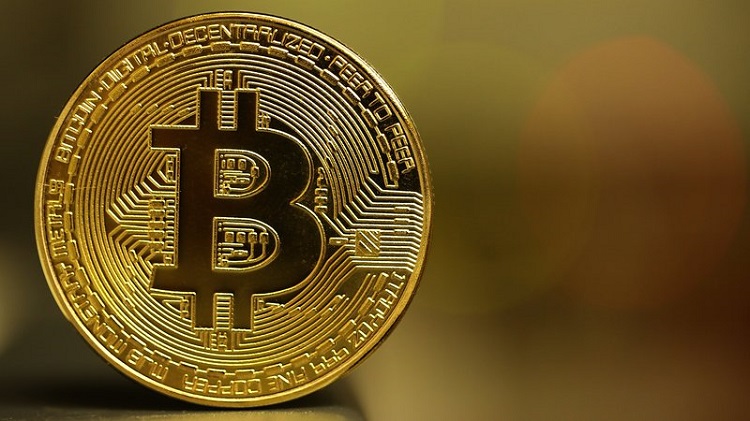Is Bitcoin Actually Innovative?
September 25, 2018 | Expert Insights

Bitcoin’s trading frenzy and rising prices have attracted a great deal of attention and lured an increasing number of investors. However, widespread adoption will require true convenience and impactful innovation, both of which Bitcoin has not quite accomplished.
Background
Cryptocurrency is a digital asset (in other words a form of digital money) that is designed to stay secure. It uses cryptography to secure its exchanges making it nearly impossible to counterfeit. Cryptocurrency, in particular, is classified as a subset of digital currencies. Bitcoin was the first decentralized cryptocurrency.
Bitcoin is a community-run system. It has often been referred to as the first “start-up currency”. By the beginning of 2015, there were 100,000 merchants and vendors who accepted Bitcoins as payment. Bitcoins have been used in illegal trade online as well. In 2017, the value of Bitcoins began to exponentially rise in the markets. Outside of occasional drops, the value has continued to rise in 2018.
Bitcoin has been touted as innovative for its disruption of payment networks. Critics argue that digital cash systems are volatile and speculative in nature and come with a number of inherent risks. Jamie Dimon, CEO of JP Morgan, and billionaire investor, Warren Buffet, have spoken out against the use of Bitcoin as a sustainable solution. Both have indicated that they see the current trend as nothing more than an investor bubble that will eventually burst.
Analysis
While Bitcoin is widely seen as an innovative payment method and one that will disrupt conventional alternatives, this needs to be analyzed more rigorously to determine if there are indeed benefits to using Bitcoin over fiat currencies, both from an individual and a business owner perspective. Evaluating the innovativeness of Bitcoin requires measuring its efficacy against the standard benchmarks of cost, speed, practicality, accessibility and potential negative externalities.
While the fees for Bitcoin transactions are not exorbitant, they are significantly more expensive than regular debit card fees. This makes small transactions result in limited economic viability. For those working primarily with fiat currencies, the high transaction fees of Bitcoin make it a less appealing option.
Established merchants like Visa and Mastercard are able to complete transactions significantly faster than Bitcoin because of the technology’s slower processing time. While conventional alternatives can confirm transactions within 20 minutes, Bitcoin took up to five days at the peak of its trading bubble.
The high volatility of Bitcoin can make it less practical than conventional payment methods. The volatility affects its ability to be converted back into dollars (or another currency). A large change in value can require businesses to initiate a second transaction, making it impractical for online retailers.
Bitcoin is unable to fully accomplish financial inclusion due to its high transaction prices and volatility of value. For those who hope to use Bitcoin to more easily transfer money across borders, the volatility and cost of converting it to fiat currency become deterrents. In addition, Bitcoin is only available to those with a strong Internet connection, which excludes a large number of people.
Bitcoin also involves significant negative externalities. Mining Bitcoin requires an extraordinary amount of energy, making it a non-sustainable option. The rapid rise of Bitcoin prices incentivized more users to mine Bitcoin. However, the increase in mining results in significantly higher usage of processing power, making it increasingly energy inefficient.
Assessment
Our assessment is that while Bitcoin has the potential to overcome many of these challenges, the system is not as innovative as it should be, in the form that it exists now. We feel that Bitcoin’s failure to meet the five benchmarks of innovation indicates the urgent need for improvement. Until Bitcoin is an improvement over conventional alternatives in these five areas, fiat currency will remain the better option.








Comments